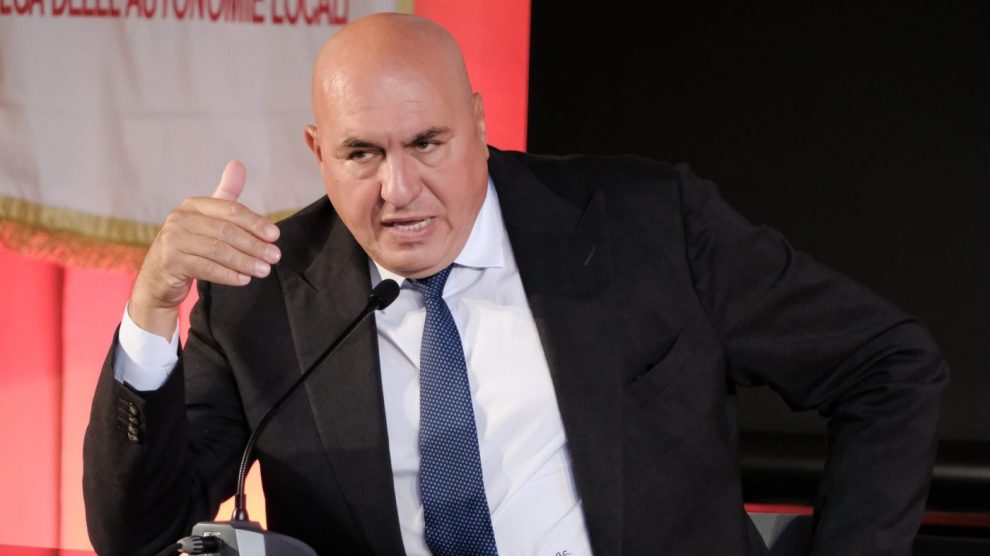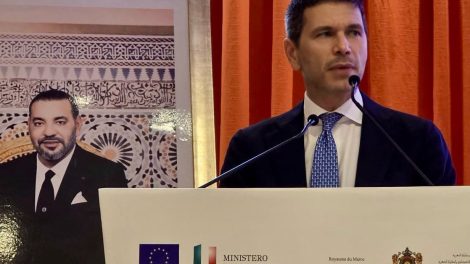Why it matters: Ukraine’s President Volodymyr Zelensky recently warned that Italy could become a target of Russia’s hybrid warfare.
- Other European countries, like Germany, have already set up interministerial structures to tackle these challenges.
- Italy faces nearly 50 monthly cyberattacks on institutions and critical infrastructure, highlighting the urgency.
The big picture: Hybrid threats aim to undermine public trust in democratic institutions.
- A fragmented national response has proven insufficient against state-backed campaigns, often linked to Russia.
- Beyond cyber, the threats now span space (GPS interference) and subsea cables carrying energy and data.
In Crosetto’s words: “We can no longer afford to chase problems. We need a paradigm shift.”
Details. The proposed centre would:
- Enhance real-time information sharing and analysis.
- Coordinate protective measures across government and with EU/NATO allies.
- Integrate Defence expertise into technology, infrastructure, and industry security decisions.
The aim is to create a dynamic, collective shield rather than relying solely on military assets.
The bottom line: Crosetto wants Italy to move from a reactive to a proactive stance on hybrid threats, positioning the country alongside European partners in building resilience against cyber and cognitive warfare.





